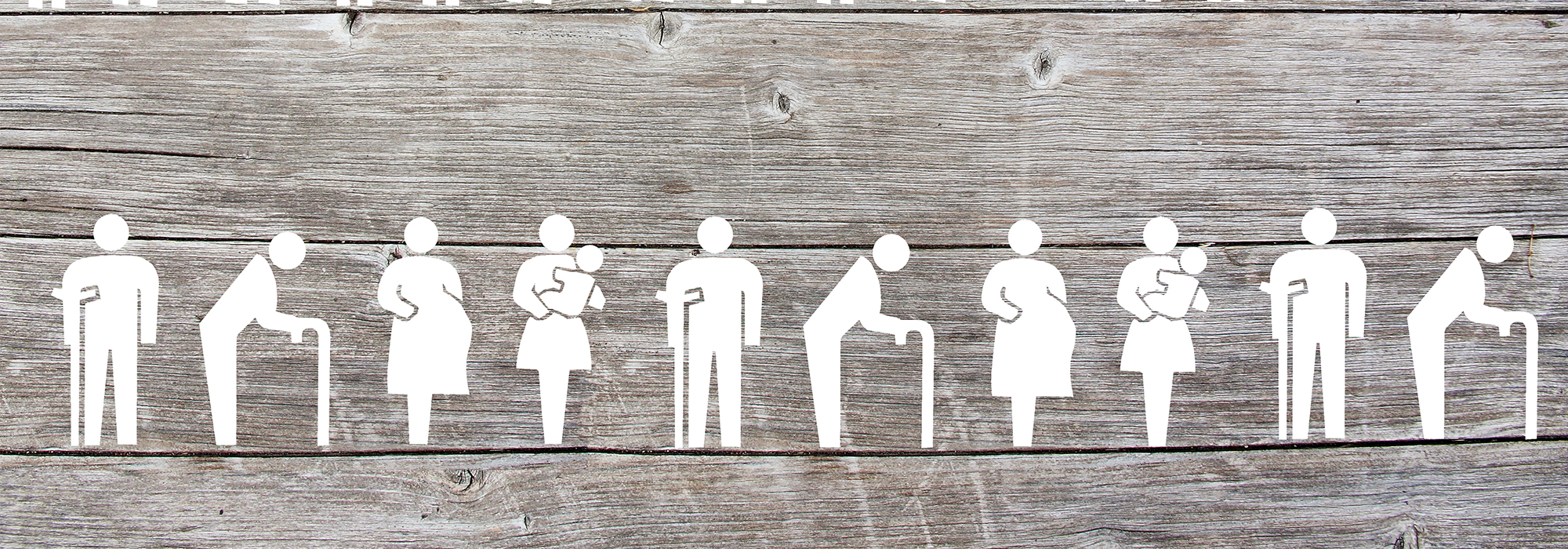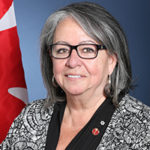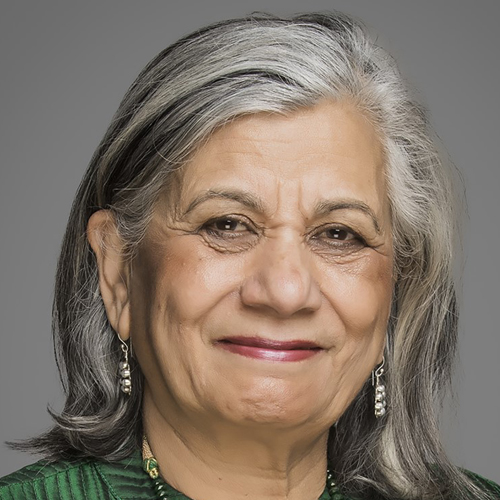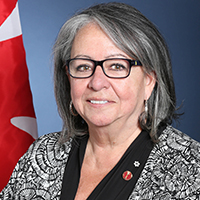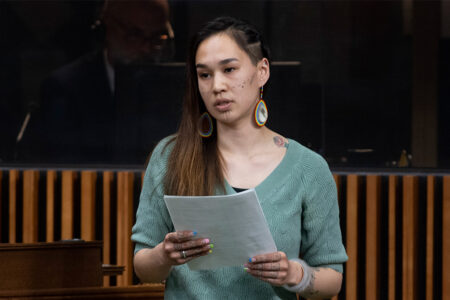
When Canadians head to the polls on October 21, they should ask themselves how Canada’s political parties will tackle inequality.
Over the past two decades, the richest Canadians have seen their share of income go up and up. The top one per cent absorbed almost a third of all income growth between 1997 and 2007, according to the Canadian Centre for Policy Alternatives.
Meanwhile, one in seven people in Canada lives in poverty — which hurts everyone, because poverty is expensive. In 2008, for instance, the cost of failing to address poverty in Ontario – including everything from health care and criminal justice system costs to lost tax revenue – was estimated to be 10 to 16 per cent of the province’s budget. That’s around $2,000 to $3,000 per household per year.
It’s time to consider a guaranteed livable income.
Unlike the current support offered by social assistance, a guaranteed livable income would not impose strict eligibility criteria, require recipients to work or get clawed back if recipients were to exceed a particular financial threshold.
The current social assistance model makes people dependent on that assistance; a person can essentially be punished for even limited financial success through a corresponding reduction of benefits.
Canadians are rightly proud of the improvements in quality of life achieved thanks to current forms of guaranteed income, namely programs such as the Canada Child Benefit and Old Age Security.
But providing a guaranteed livable income can go well beyond poverty reduction. It could also allow Canadians to navigate an increasingly volatile economy.
Industrial jobs are drying up. Precarious, non-unionized work without benefits – what some call the “uberization” of the labour market – is leading to job insecurity. New technologies, automation and artificial intelligence will affect jobs in industries like transportation and retail. Climate change threatens jobs in the natural resource sector as well.
In short, the economy is changing. Young people can no longer count on stable employment or career-long ties with one company, and secure pensions are becoming scarce.
A guaranteed income on its own will not be sufficient to ensure that standards relating to employment insurance, pensions and minimum wage hold strong in the new “gig economy.” It is not a silver bullet. But a guaranteed livable income could ensure no one falls through the cracks.
The idea is hardly new. Guaranteed income has been appearing in the platforms of some United States politicians. Pilot programs have been tested in in the US, Finland, Belgium, Namibia, Uganda and India. Manitoba and Ontario also launched pilot programs in 1974 and 2017 respectively – but Ontario’s program and plans to analyse Manitoba’s data were both cancelled after changes in government.
Senators, too, have long taken an interest in guaranteed income, from the 1971 Report of the Special Senate Committee on Poverty to more recent studies and advocacy on the issue, primarily led by former Conservative senator Hugh Segal and former Liberal senator Art Eggleton.
As recently as 2017, the Senate called on the federal government to put its weight behind provincial, territorial and Indigenous basic-income initiatives.
In that same tradition, we now call on political parties to take up the challenge.
We note that the Green Party has committed to support a guaranteed livable income. The Liberal Party has also gotten behind an option for new parents: a guaranteed paid family leave for those without employment insurance benefits.
One way or another, we senators are ready to continue the effort. We hope to connect with a range of experts and activists who have long been working on these issues, and we commit to re-energizing parliamentary debate about a guaranteed livable income.
We look forward to collaborating with our colleagues in the House of Commons on this project after the election.
In the meantime, we respectfully urge party leaders to make public their position on guaranteed livable income so that Canadians can participate in this important conversation during the campaign.
Photo: Shutterstock, by sal73it
Do you have something to say about the article you just read? Be part of the Policy Options discussion, and send in your own submission. Here is a link on how to do it. | Souhaitez-vous réagir à cet article ? Joignez-vous aux débats d’Options politiques et soumettez-nous votre texte en suivant ces directives.



